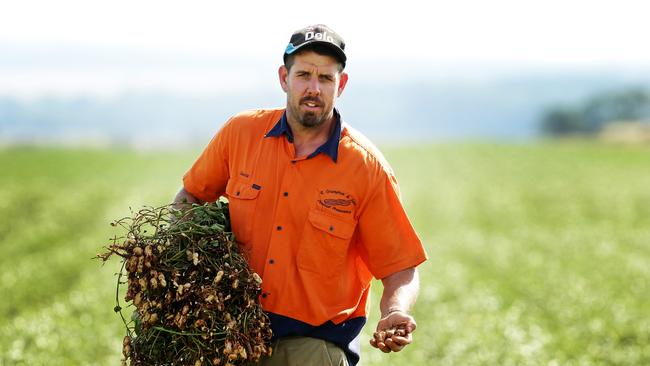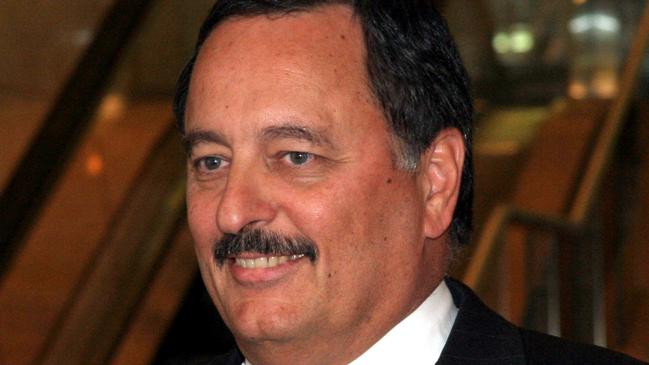Kingaroy firm Alkaloids of Australia which grows plants to heal upset tummies faces possible huge fines
A fourth-generation family of peanut farmers in Kingaroy and one of their former top executives are now in the crosshairs of the competition regulator.
Toowoomba
Don't miss out on the headlines from Toowoomba. Followed categories will be added to My News.
A fourth-generation family of peanut farmers in Kingaroy and one of their former top executives are now in the crosshairs of the corporate cop.
It’s not the first time they’ve attracted a bit of unwanted attention either, as we’ll detail below.
The ACCC announced Tuesday that it had charged Alkaloids of Australia Pty Ltd and previous export manager Chris Joyce each with 33 criminal price fixing and other cartel offences spanning nearly a decade.
The company, launched in 1986 and still controlled by the Crumpton family, now faces multimillion-dollar fines if convicted.

Joyce could be hit with up to 10 years behind bars and/or a penalty of as much as $420,000 if he is found guilty.
Alkaloids oversees large plantations filled with duboisia plants, which are grown commercially for the pharmaceutical industry in and around Kingaroy.
They yield the active ingredient SNBB, commonly known as hyoscine or scopolamine, which is used in medicines to relieve stomach pain and bowel cramps.
The ACCC alleges that Alkaloids conspired with unnamed overseas suppliers of SNBB “to fix prices, restrict supply, allocate customers and/or geographical markets, and/or to rig bids for the supply of SNBB to international manufacturers of generic antispasmodic medications”.
Defences have not yet been filed.
Sonie Crumpton, an Alkaloids director and chief executive of the G Crumtpon & Sons peanut empire, did not return a call seeking comment Tuesday.
Joyce, a former director of the Australian Nut Industry Council who is understood to have left Alkaloids within the past six months, failed to respond to a request for comment too.
KICKBACKS TO SADDAM
Back in 2006, Joyce and Alkaloids also found themselves under the hot glare of negative publicity, which eventually cost them a huge amount in legal fees.
They were caught up in the Commission of Inquiry investigating $300m in kickbacks paid to the government of Iraqi dictator Saddam Hussein by wheat exporter AWB under the auspices of the UN’s oil-for-food program.
The commission heard that Joyce hired an agent based in Canada to help nail down a deal that saw a tonne of hyoscine worth more than $1m shipped to Iraq in 2001.

It included a 10 per cent “after sales service fee’’ that ended up finding its way back to the Iraqi regime. That took the total commission to 17.5 per cent, or about triple what was usually paid to other overseas agents.
While the sale had the backing of the Australian government, it managed to anger the US State Department, which actually accused Alkaloids of being a “terrorist organisation’’. We are not making this up!
Apparently the Yanks were upset that hyoscine had potential military application as an antidote for various types of poisoning, including those from nerve gases and other chemical warfare compounds.
Anyway, both Joyce and Alkaloids were eventually cleared in late 2006 of any intentional wrongdoing in their effort to win the lucrative contract.
``I am satisfied that neither Alkaloids nor Mr Joyce paid, agreed to pay or intended to pay any 10 per cent fee to Iraq,’’ Commissioner Terence Cole wrote.
``The inflated price could reasonably have been attributed to (the Iraqi agent in Canada) having negotiated a high price to earn for himself an overprice commission.’’
anthony.marx@news.com.au


